Yogurt is a dairy product made by the bacterial fermentation of milk. The bacteria used are called yogurt cultures, which ferment lactose, which is the…

Gut and Intestinal Health: The health of an individual’s gut determines what nutrients are absorbed along with what toxins, allergens and microbes are kept out. It is directly linked to the health of the whole body. Intestinal health could be defined as optimal digestion, absorption, and assimilation of food. But this is a job that depends on many other factors. More than 100 million Americans have digestive problems. Two of the top-selling drugs in America are for digestive problems, and they run in the billions. There are more than 200 over-the-counter (OTC) remedies for digestive disorders. And these can and do create additional digestive problems.
If an individual’s digestion is not working properly, the first thing is to understand what is sending the gut out-of-balance in the first place.
Low-fiber, high-sugar, processed, nutrient-poor, high-calorie diet, causes all the wrong bacteria and yeast to grow in the gut and damages the delicate ecosystem in your intestines.
Overuse of medications that damage the gut or block normal digestive function, i.e. acid blockers (Prilosec, Nexium, etc.), anti-inflammatory medication (aspirin, Advil, and Aleve), antibiotics, steroids and hormones.
Undetected gluten intolerance, celiac disease or low-grade food allergies to foods such as dairy, eggs, or corn.
Chronic low-grade infections or gut imbalances with overgrowth of bacteria in the small intestine, yeast overgrowth, parasites.
Toxins like mercury and mold toxins damage the gut.
Lack of adequate digestive enzyme function, from acid-blocking medications or zinc deficiency.
Stress can alter the gut’s nervous system, cause leaky gut, and change the normal bacteria.
Visits for intestinal disorders are among the most common trips to primary care doctors. Most, which also includes most doctors, do not recognize or know that digestive problems wreak havoc in the entire body. This leads to allergies, arthritis, autoimmune disease, rashes, acne, chronic fatigue, mood disorders, autism, dementia, cancer, and more.
Having proper gut and intestinal health is absolutely central to your health. It is connected to everything that happens in the body.
Functional medicine and health coaches are able to look at the source of the gut imbalance and run diagnostic tests to discover the exact type and number of bacteria imbalances. From here, natural supplements can be recommended such as a probiotic to recreate a healthy gut microbiome.

Yogurt is a dairy product made by the bacterial fermentation of milk. The bacteria used are called yogurt cultures, which ferment lactose, which is the…
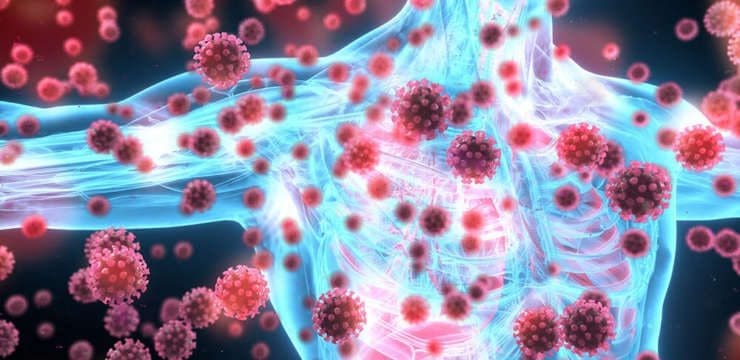
Introduction The immune system‘s role is to be the “protectors” of the body by attacking invaders that enter the body, cleaning up old cells, and…
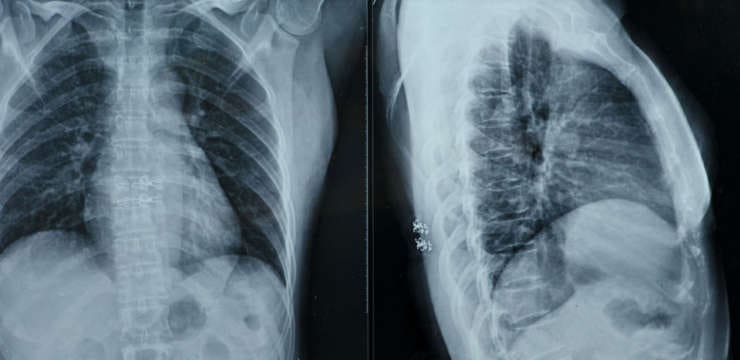
Internal injuries occur under the skin and muscle tissues. Internal organ damage occurs when an organ’s structure becomes altered or begins to malfunction and can…
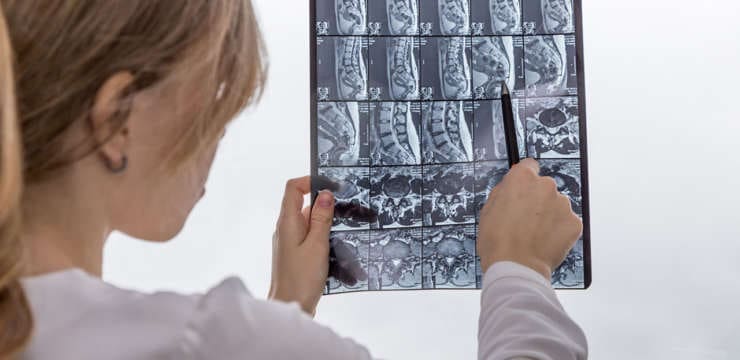
Experiencing low back pain and diarrhea can be a symptom of a viscerosomatic reflex, somatovisceral reflex, or a combination. A reflex is an involuntary response to…
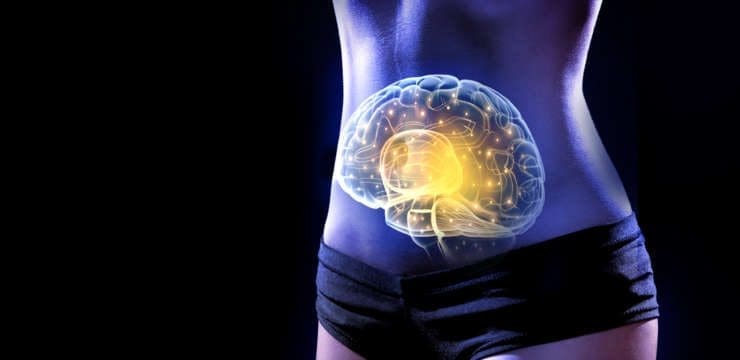
Introduction The gut-brain axis is fundamental to the body as it communicates bi-directional with the brain and the gut. Separately they provide different functions that are required…

Introduction The digestive system in the body helps with the process of digesting food that the host consumes. The food being digested goes through a bio-transformation where…

Viscerosomatic Gut Bloating: Everybody has healthy bacteria in the gut, but it can get thrown off balance with unhealthy bacteria that start taking over. Stress,…

Introduction The body relies on the gut system to help regulate its homeostasis and metabolize the nutrients for the immune system. The beneficial gut bacteria help maintain the…
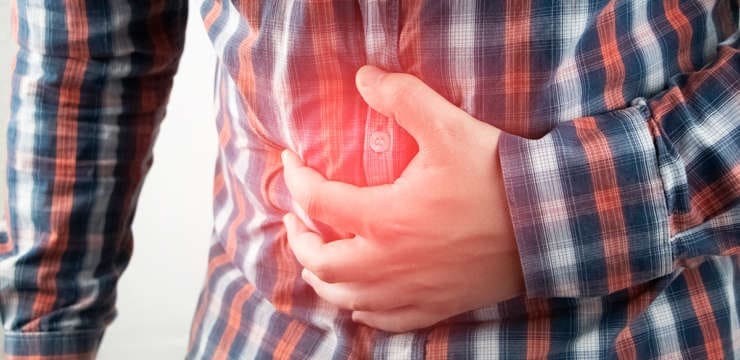
Introduction The gastrointestinal or gut system helps modulate the body’s homeostasis and metabolize the immune system. With its connection to the brain, the gut can help transport the…

Introduction The body is held up by skeletal joints that keep the body upright and provide everyday movements for the body to go anywhere at any time.…

Introduction The body works by ensuring that the brain in the central nervous system and the gut in the gut system are metabolizing homeostasis and regulating the immune system for optimal…
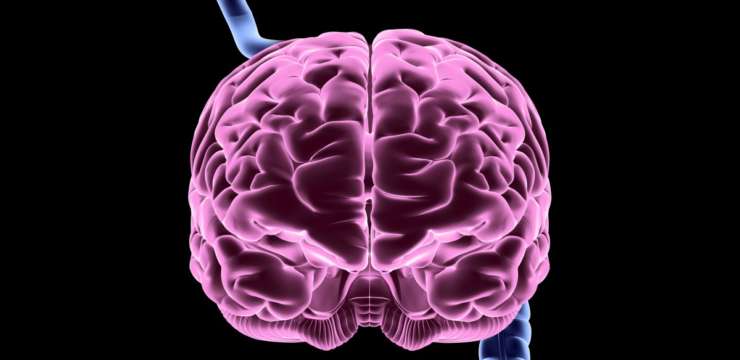
Introduction One of the unique features of the body is when the gut and nervous systems have this communication partnership where information is transported back and forth throughout the…

Introduction The body has many nerves that intertwine and branch out from the spinal cord in the central nervous system. These nerves provide many functions that the body…
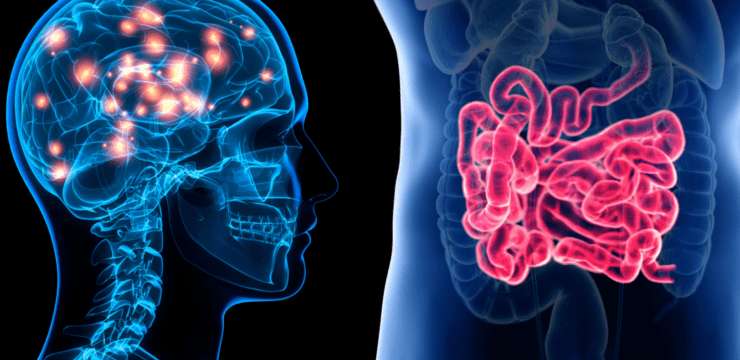
Introduction The gut microbiome is “the second brain” in the body as it helps regulate homeostasis and metabolize the immune system for functionality and to keep the body in…
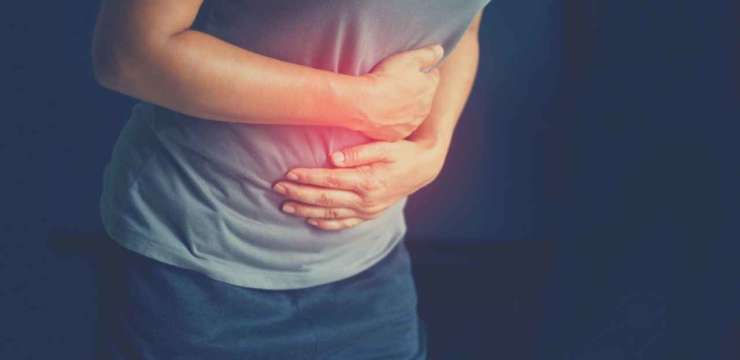
Introduction The skin and the gut have a unique connection. The gut system is home to trillions of microorganisms that help metabolize the body’s homeostasis while keeping…
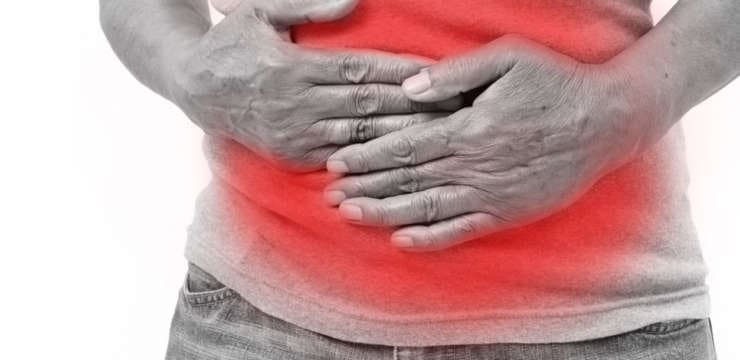
Introduction The skin is the largest organ in the body and encounters numerous factors that can either benefit or harm the body. The skin helps…

Introduction The body is always going through many factors that constantly test the durability that can affect the entire microbiome itself. The gut helps the body’s homeostasis…